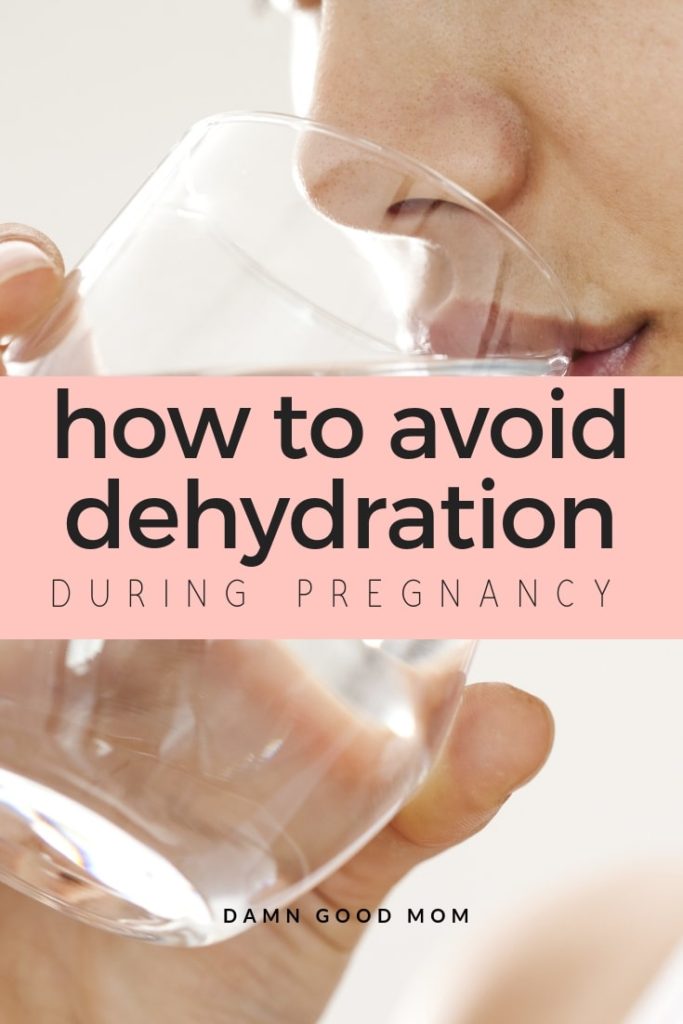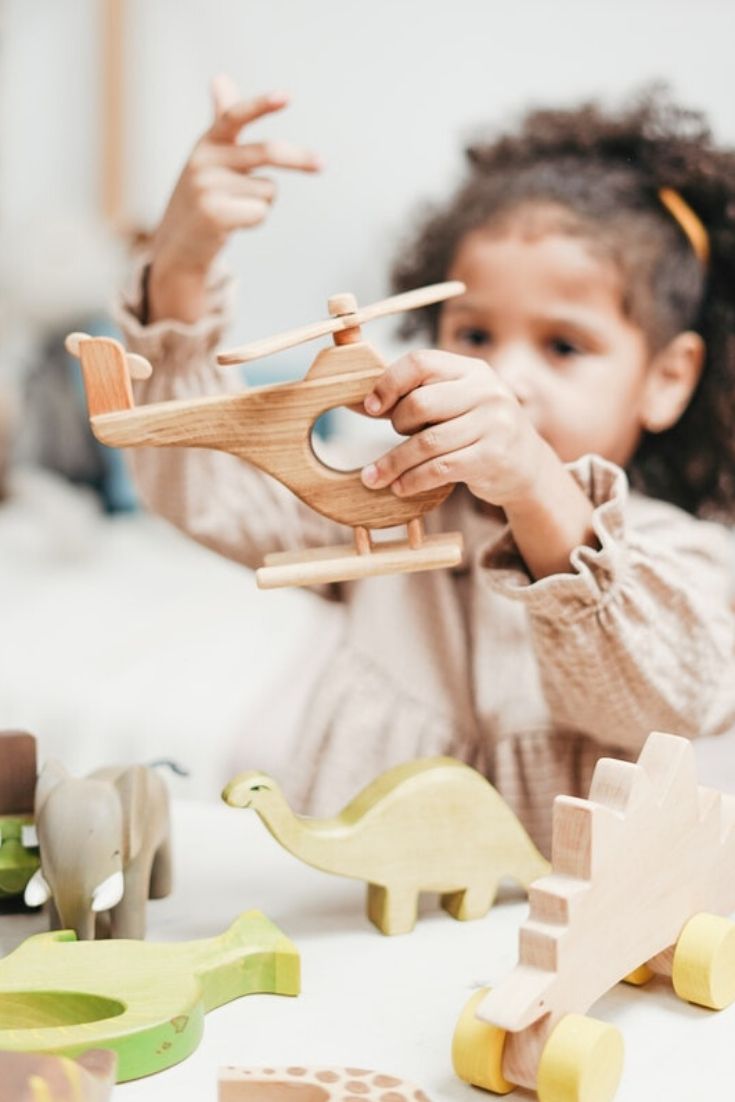Learning how to prevent dehydration during pregnancy may save you some headaches…literally.

There are affiliates links in this post, please see disclosure policy for more information.
Related Posts:
- How to Prepare for Maternity Leave Like a Boss
- 23 Things You Can Do After a Positive Pregnancy Test
- 9 Common Baby Items You Don’t Need
How many times have you heard drink more water before you were pregnant?
Probably lots right?
Pregnancy is a great time to take that advice seriously, even if you hate the taste of water. Yes, water has a taste.
Not having enough water can lead to dehydration which has serious risks for you and your baby.
WHAT IS DEHYDRATION?
Dehydration occurs when your body doesn’t get the water that it needs. It is the result of more water leaving the body than what is going in.
It matters because the body weight is 55%-65% water!
WHY IS WATER IMPORTANT DURING PREGNANCY?
Water plays a major role in the health and development of your baby.
Think about this:
- Your baby is growing in water, the amniotic sac.
- Your placenta, the organ that attaches to the wall of your uterus and delivers blood and nutrients to your baby, thrives off of the water.
- The nutrients you are bringing in via prenatal vitamins and eating healthy food needs water to get where they need to be in the body.
- Water is needed to get rid of waste and toxins. It helps to dissolve the waste products in the kidneys.
WHAT ARE SOME SYMPTOMS OF DEHYDRATION?
I’m glad you asked!
- Headaches. Not just any headaches but those horrible awful migraines can be caused by dehydration.
- Dizziness or vertigo. The blood pressure drops and causes lightheadedness when standing or kneeling.
- Dry mouth.
- Dark urine.
- Maternal overheating. The inability or difficulty to regulate body heat.
- Constipation.
- Hemorrhoids.
- Urinary Tract Infections.
- Braxton-Hicks Contractions.
- Preterm Labor.
Lack of water can cause all the above (very undesirable) symptoms. More serious effects of dehydration during pregnancy include low amniotic fluid and birth defects.
Now, you may be ready to drink more water but be careful.
It is possible to drink too much water.
Yep. There can be too little and there can be too much. So how much is the right amount to be drinking?
HOW MUCH SHOULD WATER I BE DRINKING?
The Mayo Clinic recommends that pregnant women drink 10 cups (2.4 liters) of fluid daily; however, every woman has different needs depending on their body, so it wouldn’t hurt to have a conversation with your care provider about your personal water intake.
HOW TO PREVENT DEHYDRATION DURING PREGNANCY
Knowing how much water to drink is the easy part. How do you get it all in? Here are some tips to make drinking water a daily habit.
1. ADD IT TO A ROUTINE YOU ALREADY HAVE
Do you do something every morning, afternoon, and evening? If so, add drinking water to that habit.
2. BUY A FEW WATER BOTTLES
Unfinished water bottles in common places around the house, car, or workplace are great reminders to drink up. Also using water bottles give you a better idea of how much water you are drinking daily. Some people use those gallon milk jugs.
I highly recommend glass water bottles or those without toxins that can leach from plastic like BPA.
Related: 4 Tips To Identify & Eliminate Common Toxins in Our Homes
3. SET DAILY ALARMS
Our cell phones are with us all the time. Set 2-3 reminders throughout the day to drink a glass of water.
4. ENSURE AVAILABILITY
Make sure you have water available. If you will be out, try having a water bottle with you at all times. If you are at work, are there sources of drinkable water where you can refill?
5. MAKE IT LESS BORING
If you are one of those people who hate water, add some fruit. Also, your water intake can come from other sources like soup, water-heavy produce, and herbal teas.
6. AVOID STRENUOUS EXERCISES
The body loses water through sweating. Avoiding strenuous activity and hot environments may reduce the loss of water.
7. SKIP THE CAFFEINE
While most sources recommend limiting your coffee/caffeine intake to one cup per day, it doesn’t change the fact that caffeine increases urine amounts and therefore causes more loss of fluids. Check the labels on your products to make sure you aren’t taking in caffeine, unknowingly.
Pregnancy has lots of symptoms that often can’t be avoided. Dehydration doesn’t have to one of them. Use the tips above to help get the right amount of water in your diet.
If you find yourself in a situation where you can’t keep fluids down or experience any other symptoms of dehydration, please seek medical attention right away.
Sources & More Reading:
- 14 Symptoms Of Dehydration During Pregnancy & Ways To Prevent
- Are You Drinking Enough Water During Pregnancy?
- Nutrition Column An Update on Water Needs during Pregnancy and Beyond
Pregnancy Resouces:
Birth It Up Courses: Liesel Teen, a labor and delivery nurse, has created courses to help woman who want natural births, epidural births, and cesearean births. Check them out here ↠
Milkology Breastfeeding Courses: Stacey Stewart, a certified lacation consultant, has created a suite of breastfeeding courses to help moms who want to breastfeed exclusively or pump. Check them out here↠
Her Holistic Path Workshops & Resources: Olivyah Bowens, a doula and educator, has created workshops, ebooks, and opportunities to talk live about natural (unmedicated) pregnancy and birth. Check them out here ↠
You may find yourself in the bathroom more often, I did, but it’s another kick we take for the team!







